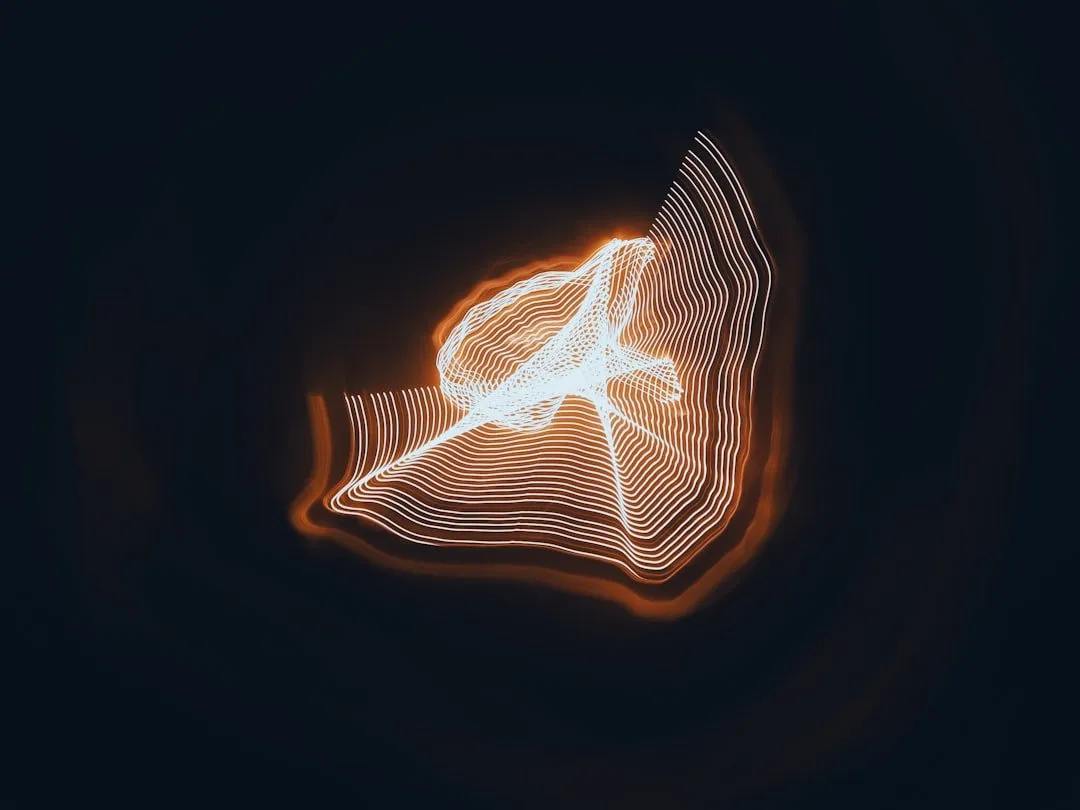Kratom's impact on sleep is complex. While low doses may promote sleep, higher doses and prolonged use can disrupt cycles, leading to insomnia or non-restorative sleep. Responsible consumption involves understanding dosage, strain type, and individual sensitivity. Adjusting dosage, taking breaks, and balanced lifestyle factors are key to mitigating side effects, especially concerning does kratom cause insomnia concerns.
Kratom, a natural herb with growing popularity, has garnered attention for its potential performance-enhancing effects. From improving energy levels to enhancing focus, many turn to it as a holistic solution. However, questions remain about its impact on sleep, particularly whether it can lead to insomnia. This article delves into the science behind kratom’s effects on rest and alertness, while also exploring dosage guidelines and safety considerations, including potential side effects, to ensure informed use.
- Unraveling Kratom's Impact on Sleep: Does It Cause Insomnia?
- Exploring the Science Behind Energy and Focus Boosts
- Navigating Dosage and Safety: Mitigating Side Effects
Unraveling Kratom's Impact on Sleep: Does It Cause Insomnia?

Kratom, a natural herb known for its diverse effects on the body and mind, has gained attention for its potential performance-enhancing properties. However, one aspect that requires scrutiny is its influence on sleep patterns. While many users report improved focus and energy after taking kratom, there’s growing concern about its impact on sleep quality. Some individuals have raised questions: does kratom cause insomnia?
Studies suggest that kratom’s effects on sleep are complex and depend on various factors, including dosage, strain type, and individual sensitivity. In some cases, low doses may even promote restful sleep due to its opioid-like properties that interact with the body’s pain and pleasure receptors. Yet, higher doses or prolonged use can disrupt sleep cycles, leading to insomnia or non-restorative sleep. It’s crucial for users to be mindful of their consumption patterns; moderation is key to avoiding potential sleep disturbances associated with kratom use.
Exploring the Science Behind Energy and Focus Boosts

Kratom, a natural herb derived from the mitragyna speciosa plant, has gained attention for its potential to enhance performance by boosting energy and focus. Scientific studies suggest that kratom’s effects are attributed to its unique chemical composition, primarily the presence of mitragynine and 7-hydroxymitragynine. These compounds interact with opioid receptors in the brain, influencing mood, pain perception, and cognitive functions.
Research indicates that kratom can increase alertness and concentration without causing the jittery or anxious feelings often associated with stimulants. However, it’s essential to note that individual responses vary, and while some users report improved focus, others might experience side effects like drowsiness or even insomnia if not consumed responsibly. Understanding the science behind these effects is crucial in navigating the potential benefits and risks of incorporating kratom into performance enhancement routines, especially considering its impact on sleep patterns, such as the possibility of does kratom cause insomnia.
Navigating Dosage and Safety: Mitigating Side Effects

Navigating dosage is crucial for safe kratom use, as excessive intake can lead to adverse effects, including disruptions in sleep patterns and potential insomnia. The mitigating side effects strategy involves understanding individual tolerance and adjusting consumption accordingly. Various factors like strain type, extraction methods, and personal metabolism influence the impact of kratom. Research suggests that lower doses often provide stimulating effects without causing insomnia, while higher doses may have sedative properties. Regular breaks from extended use can also help prevent tolerance buildup and associated side effects.
Additionally, combining kratom with a balanced diet, adequate hydration, and regular exercise promotes overall well-being. Monitoring physical and mental responses is vital to ensure safety. If insomnia or other unsettling side effects arise, reducing the dosage or switching to kratom strains known for their milder effects can help mitigate these issues.
Kratom has gained attention for its potential performance-enhancing effects, but it’s crucial to understand its impact on sleep. While some users report energy boosts and improved focus, the science behind these claims is still evolving. It’s important to note that kratom may not be suitable for everyone, especially those prone to insomnia or anxiousness, as it can have contradictory effects. Always navigate dosage with caution, consider safety precautions, and mitigate side effects for a responsible and beneficial experience. Remember that, in terms of performance enhancement, kratom use should be approached with awareness and moderation.














